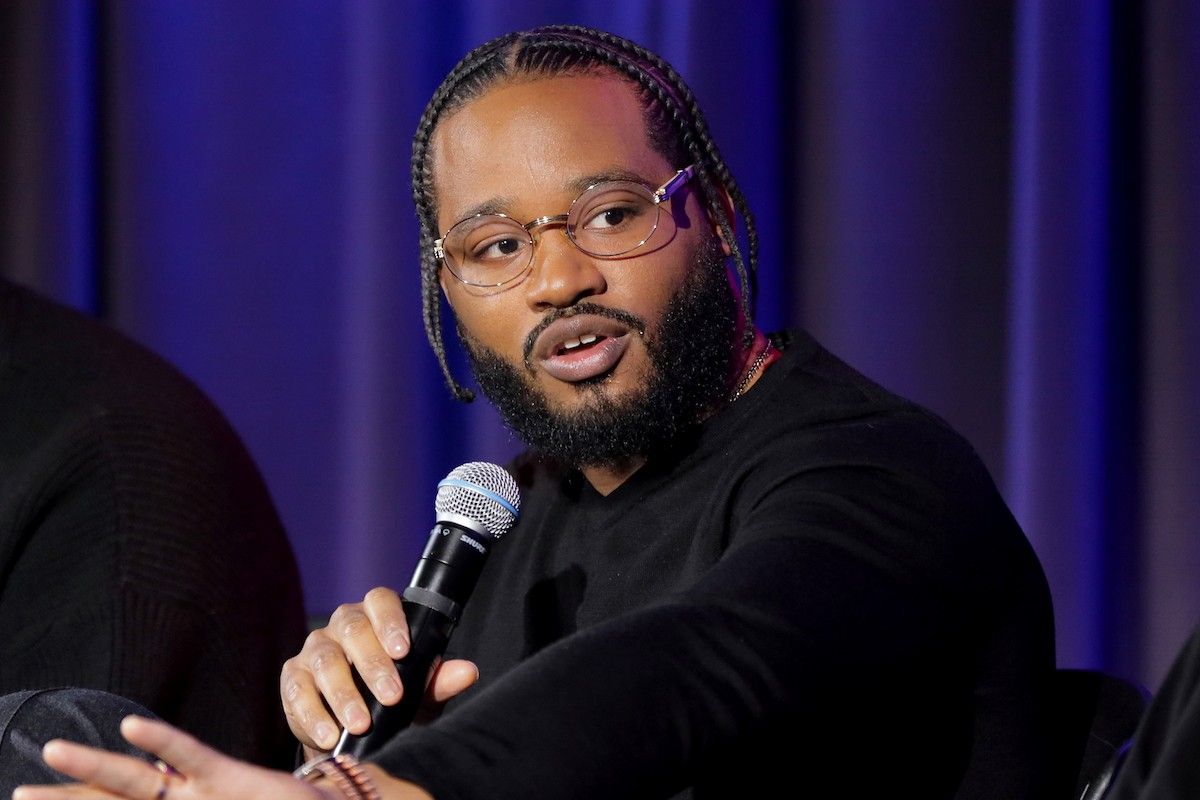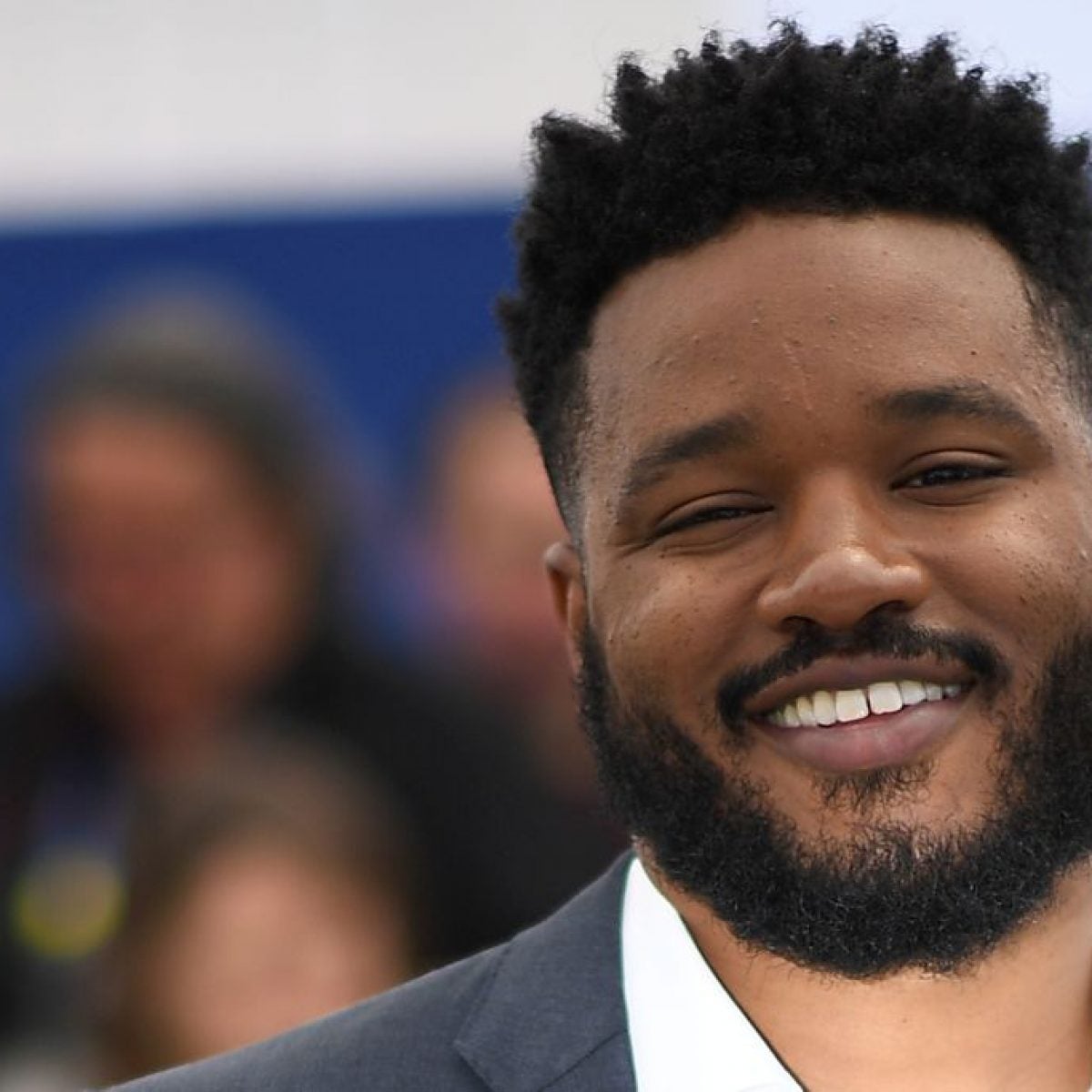Ryan Coogler has emerged as one of the most influential filmmakers of his generation, redefining narratives in Black cinema and challenging Hollywood’s longstanding stereotypes. His journey from a young filmmaker to the director of blockbuster hits like “Black Panther” and “Creed” marks a significant chapter in the legacy of Black storytelling in film. This article delves into Coogler’s contributions, his unique storytelling style, and the impact he has made on both the industry and audiences worldwide.
Early Life and Influences
Born on May 23, 1986, in Oakland, California, Ryan Coogler’s upbringing played a pivotal role in shaping his artistic vision. Growing up in a predominantly Black neighborhood, he was surrounded by a rich tapestry of culture and community. His father, a former football player, and his mother, a community organizer, instilled in him the values of resilience and social justice.
Coogler attended Saint Mary’s College of California for his undergraduate degree before pursuing a Master of Fine Arts in Film at the University of Southern California’s School of Cinematic Arts. During his time at USC, he was greatly influenced by filmmakers like Spike Lee and John Singleton, who paved the way for Black directors in Hollywood. Coogler’s early short films, including “Locks,” displayed his potential and laid the groundwork for his future successes.
The Breakthrough: “Fruitvale Station”
Coogler’s professional debut came with “Fruitvale Station” (2013), a biographical drama that recounts the tragic story of Oscar Grant, a young Black man who was fatally shot by police in Oakland. The film, which starred Michael B. Jordan, was not only a commercial success but also a critical darling, winning the Grand Jury Prize and the Audience Award at the Sundance Film Festival.
Key aspects of “Fruitvale Station” include:
- Authenticity: Coogler’s approach was deeply personal, drawing from real-life events to highlight systemic racism and police brutality.
- Narrative Structure: The film’s chronological storytelling allowed audiences to connect with Oscar’s life leading up to the tragic event, creating an emotional resonance.
- Impact: The film sparked discussions around racial profiling and police violence, contributing to the broader Black Lives Matter movement.
Expanding Horizons with “Creed”

Following the success of “Fruitvale Station,” Coogler took on the challenge of reviving the iconic “Rocky” franchise with “Creed” (2015). This film introduced audiences to Adonis Johnson, the son of Apollo Creed, portrayed by Michael B. Jordan. Coogler’s vision transformed the traditional sports drama into a story of legacy, identity, and mentorship.
Highlights of “Creed” include:
- Character Development: The film focuses on Adonis’s struggle with his identity as both a fighter and the son of a famous boxer, exploring themes of race and heritage.
- Cultural Significance: Coogler’s direction redefined masculinity in Black cinema, showcasing vulnerability alongside strength.
- Commercial Success: “Creed” grossed over $170 million worldwide on a budget of $35 million, proving that Black-led stories can achieve blockbuster status.
The Cultural Phenomenon of “Black Panther”

Coogler’s most significant achievement to date is undoubtedly “Black Panther” (2018), a groundbreaking superhero film that not only dominated the box office but also resonated deeply with audiences, particularly within the African diaspora. The film became a cultural touchstone, showcasing Black excellence and representation in a genre often dominated by white narratives.
Key factors contributing to the success of “Black Panther” include:
- Representation: The film featured a predominantly Black cast and crew, providing visibility to African and African-American stories.
- Empowerment: Themes of empowerment, leadership, and cultural pride were woven throughout the narrative, inspiring audiences worldwide.
- Historical Context: Coogler incorporated African culture and history, challenging stereotypes and inviting viewers to engage in a richer understanding of Black identity.
Coogler’s Unique Storytelling Style
One of the hallmarks of Ryan Coogler’s filmmaking is his ability to blend personal narratives with universal themes. His films often explore the complexities of race, identity, and social justice while maintaining accessibility for a broad audience.
Coogler employs various techniques that enhance his storytelling:
- Emotional Depth: His characters are multi-dimensional, grappling with real-world issues and personal struggles that resonate with viewers.
- Visual Aesthetics: Coogler collaborates with skilled cinematographers to create visually stunning films that complement the narrative.
- Soundtrack and Score: He often incorporates music that reflects cultural significance, enhancing the emotional impact of key scenes.
Impact on Black Cinema and Hollywood

Coogler’s work has had a profound impact on Black cinema and Hollywood as a whole. He has opened doors for other Black filmmakers and has challenged the industry to invest in diverse stories.
Some notable impacts include:
- Increased Representation: Coogler’s success has led to a greater willingness among studios to finance projects centered around Black stories.
- Mentorship: He has actively mentored emerging Black filmmakers, fostering a new generation of storytellers.
- Industry Change: His films have prompted discussions around diversity in casting, production, and storytelling at major studios.
Future Projects and Continuing Legacy

As of 2023, Ryan Coogler continues to expand his creative horizons. He is set to direct “Black Panther: Wakanda Forever,” which aims to honor the legacy of Chadwick Boseman while pushing the boundaries of the Marvel Cinematic Universe. Additionally, Coogler is involved in various projects, including a series adaptation of “Black Panther” for Disney+.
Coogler’s commitment to storytelling remains steadfast, as he looks to tackle new themes and narratives that reflect the complexities of contemporary society. His legacy as a filmmaker is still being written, but his influence on Black cinema is undeniable.
Ryan Coogler stands as a powerful voice in the legacy of Black cinema, challenging norms and redefining narratives through his compelling storytelling. His films have not only captivated audiences but have also sparked critical conversations about race, identity, and representation in Hollywood. As he continues to grow as a filmmaker, Coogler’s impact on the industry serves as a beacon for aspiring filmmakers and a testament to the power of diverse voices in cinema. Through his work, he has proven that Black stories are not only worth telling but are essential to the fabric of American culture and beyond.


